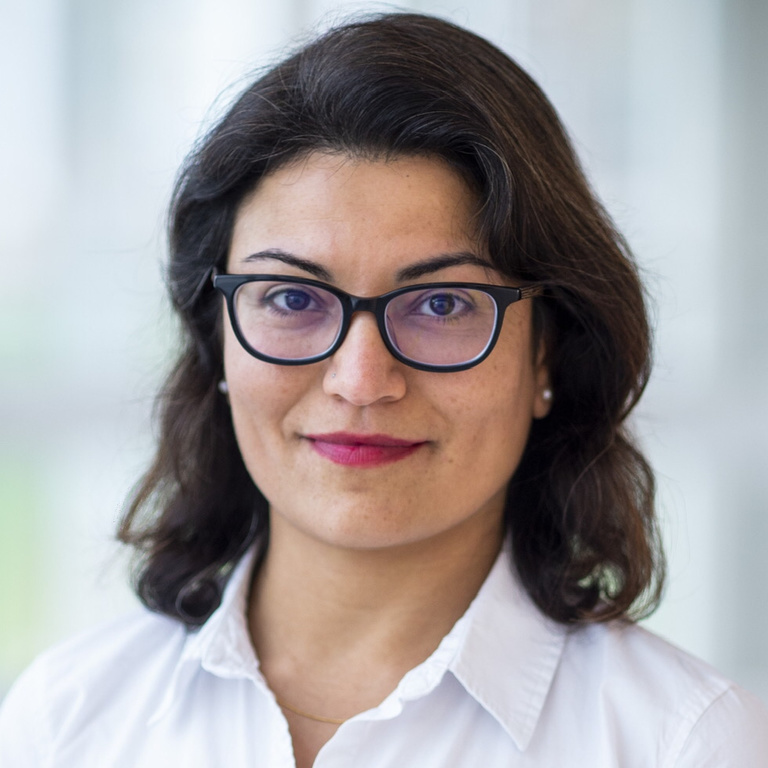Zara Harmon, Ph.D.
Research Focus
My research explores how speakers extend familiar forms to novel contexts, and factors that influence the ease or difficulty of this process. I am working with Kristi Hendrickson, investigating lexical competition during comprehension and production of words and sentences in adults with and without Developmental Language Disorder.
I received my PhD in Linguistics from the University of Oregon in 2019. My dissertation focuses on accessibility-driven language production and its effect on language use through semantic extension. I have previously been a Postdoctoral Associate at the University of Maryland Institute for Advanced Computer Studies, where I used computational modeling to explain problems with morphological productivity in children with Developmental Language Disorder.
Selected Publications
- Harmon, Z., & Kapatsinski, V. (2021). A theory of repetition and retrieval in language production. Psychological Review. 128(6), 1112–1144.
- Harmon, Z., Barak, L., Shafto, P., Edwards, J., & Feldman, N. (2021). Making Heads or Tails of it: A Competition–Compensation Account of Morphological Deficits in Language Impairment. Proceedings of the Annual Conference of the Cognitive Science Society, 43, 1872–1878.
- Harmon, Z., Idemaru, K., & Kapatsinski, V. (2019). Learning mechanisms in cue reweighting. Cognition, 189, 76–88.
- Harmon, Z., & Kapatsinski, V. (2017). Putting old tools to novel uses: The role of form accessibility in semantic extension. Cognitive Psychology, 98, 22–44.
Areas of Interest
- Automaticity, sequential learning, and chunking in language
- Accessibility-driven language production and its effect on generalization and semantic extension (creativity)
- Computational modeling including probabilistic and connectionist models
- Cue integration and cue competition in language and speech
- Interaction between automaticity and creativity in language
- Usage-based and experience-based influences on language development and learning
